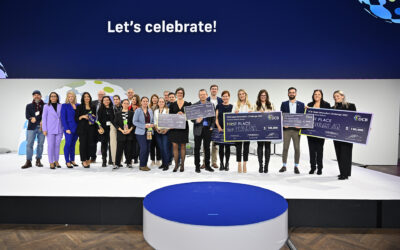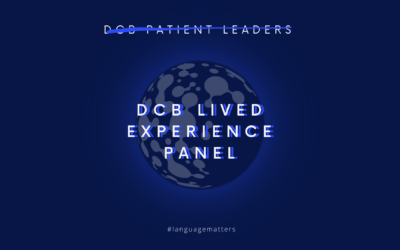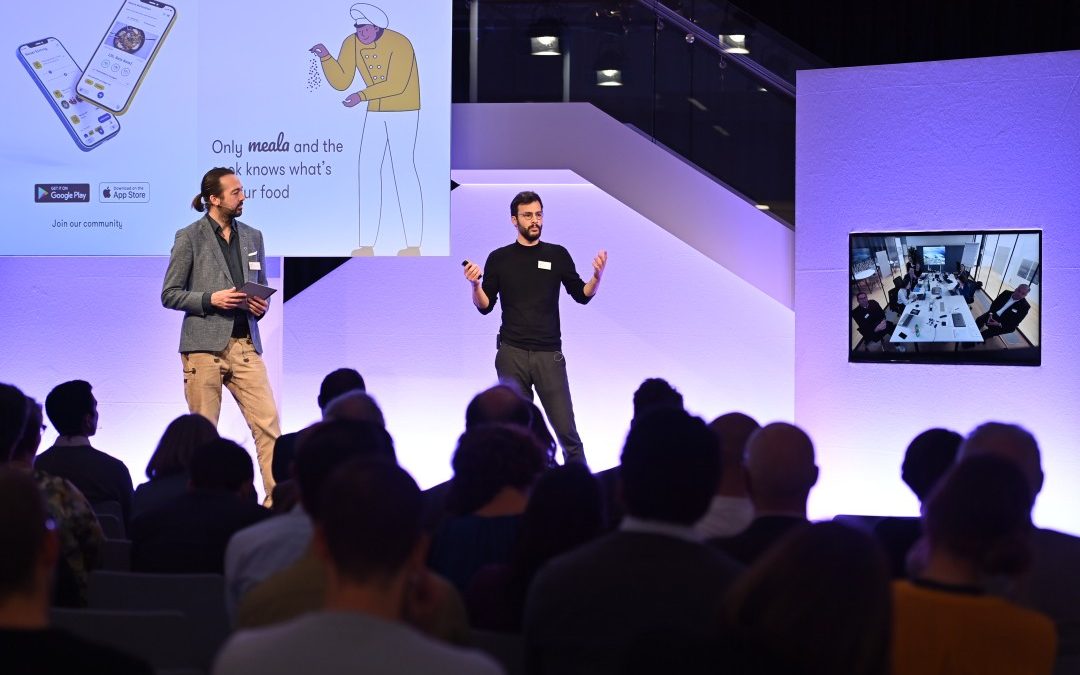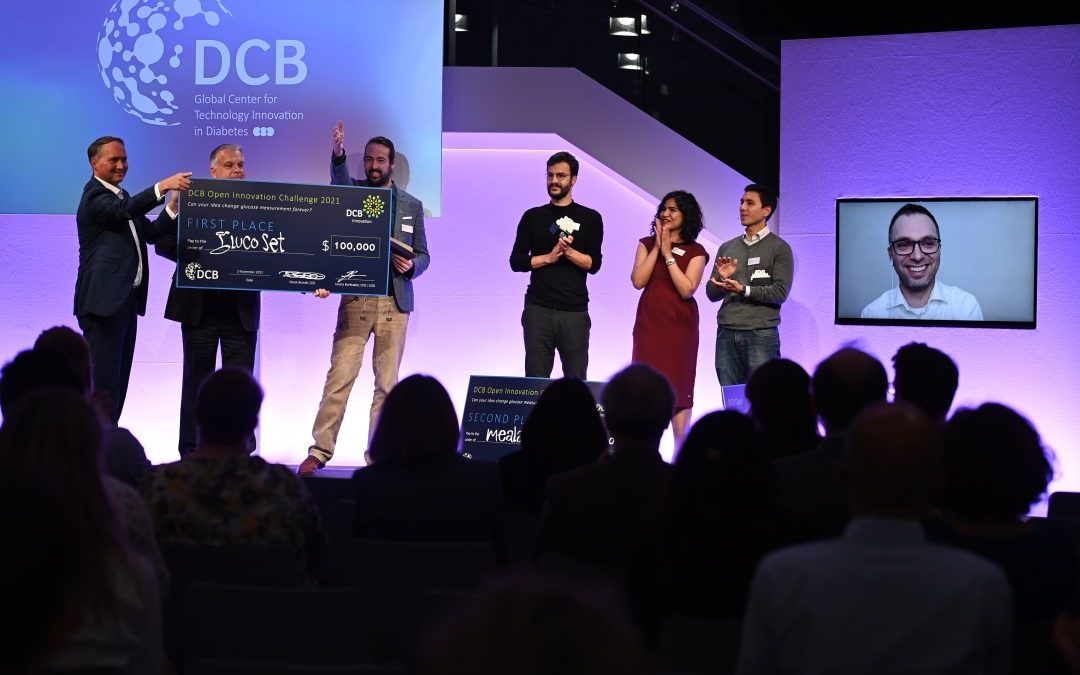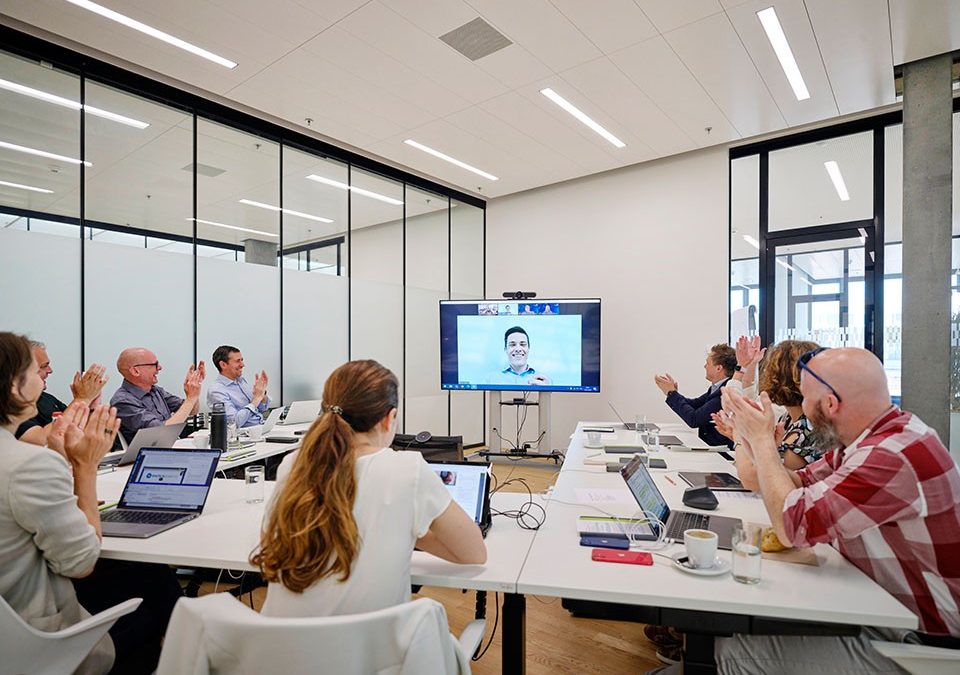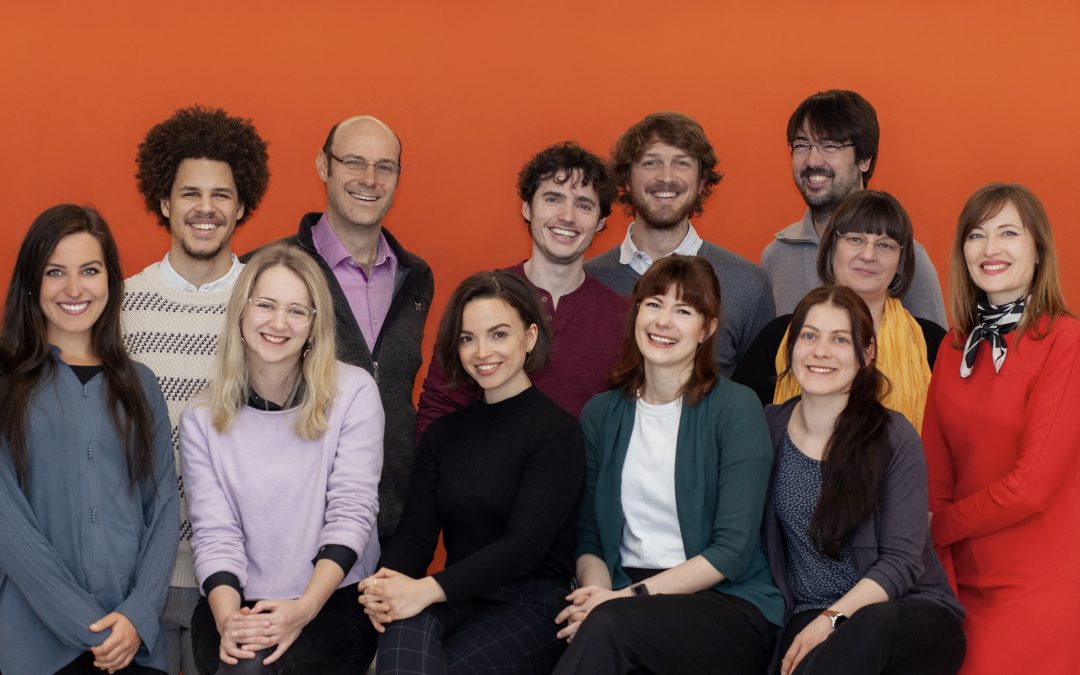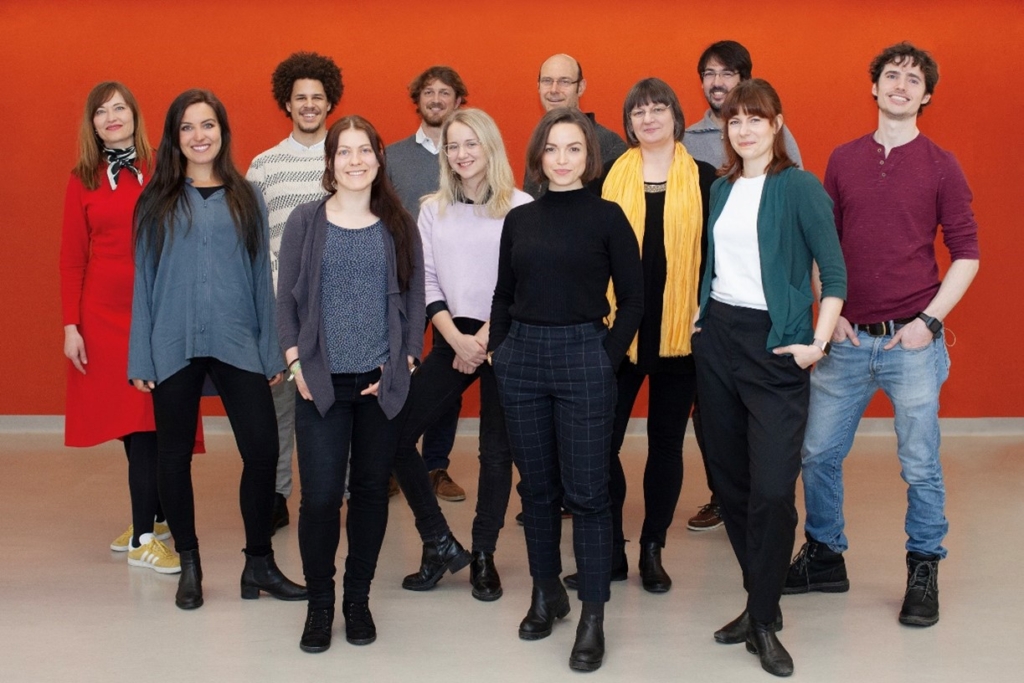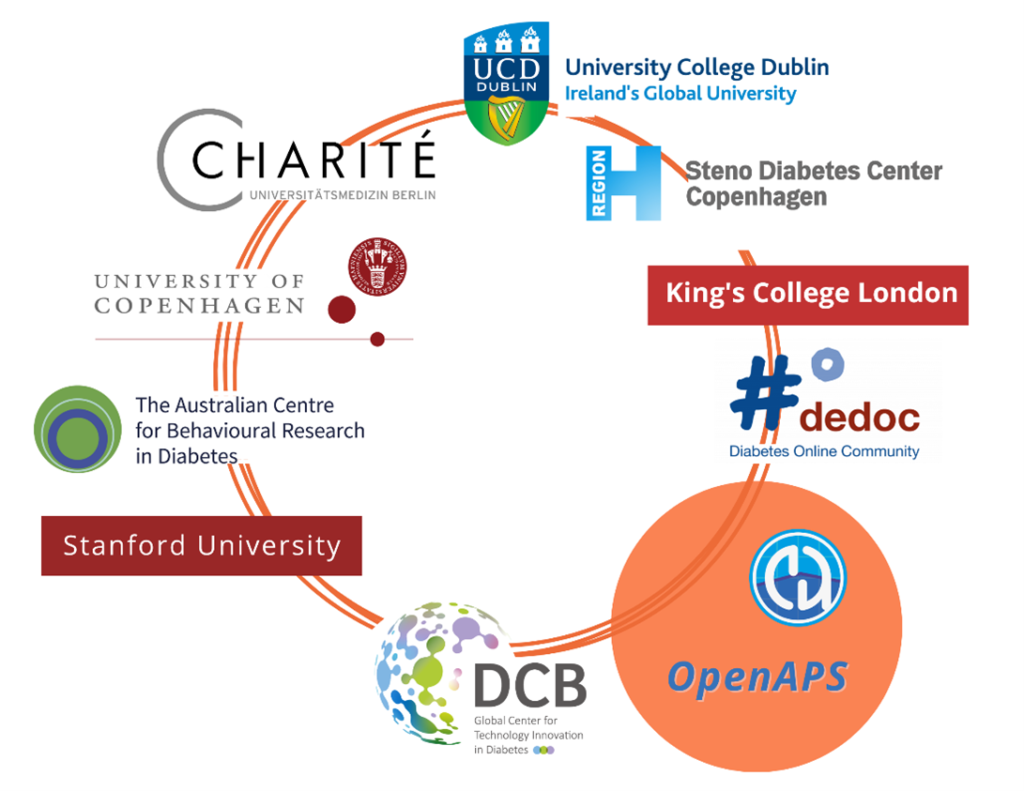DCB is proud to announce a new partnership with the digital health center bülach. The collaboration will foster...
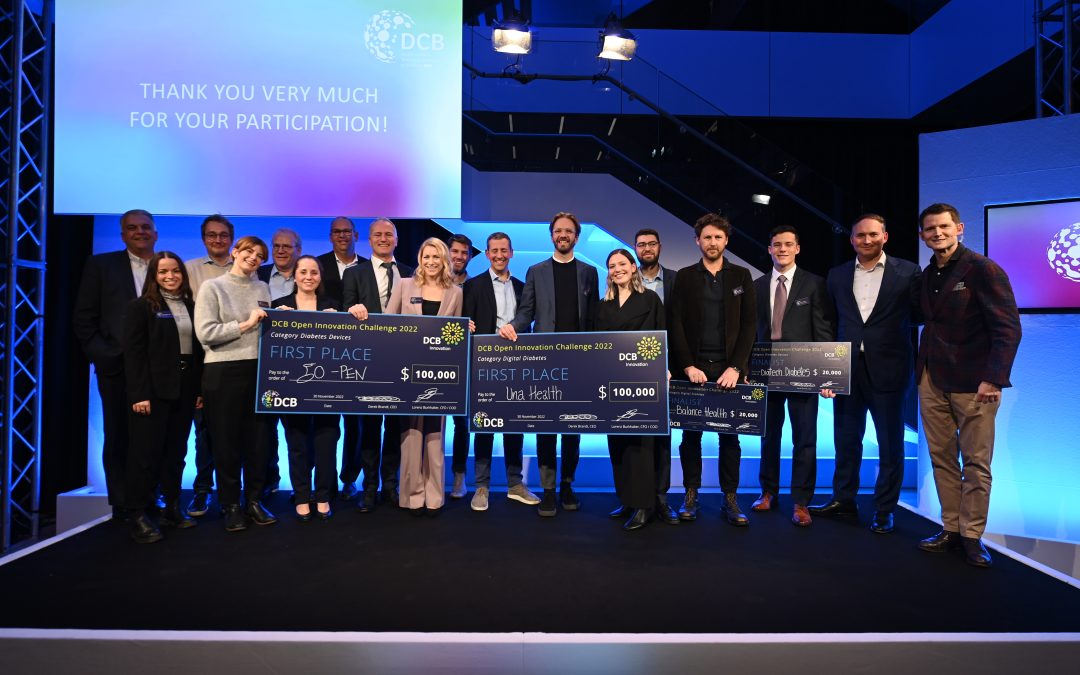
DCB Open Innovation Challenge: GO-Pen and Una Health emerge as winners of 2022
DCB Open Innovation Challenge: GO-Pen and Una Health emerge as winners of 2022
On November 30, this year’s DCB Start-Up Night and Award Ceremony of the Open Innovation Challenge 2022 took place. After an exciting evening of pitching, an international jury chose the winners of the second edition of the Innovation Challenge, which this year was split up into the two categories “Diabetes Devices” starting in spring, and “Digital Diabetes” starting in summer.

66 ideas from 22 countries were submitted to the Challenge, with three finalists in each category. These six finalists from the U.S, Denmark, France, Australia, and Germany pitched their projects live on stage in Bern in front of a hundred guests and a large fan community watching online. The first prizes of each 100.000 USD in funding and in-kind support went to GO-Pen (Denmark) in the category Diabetes Devices and to Una Health (Germany) in the category Digital Diabetes.
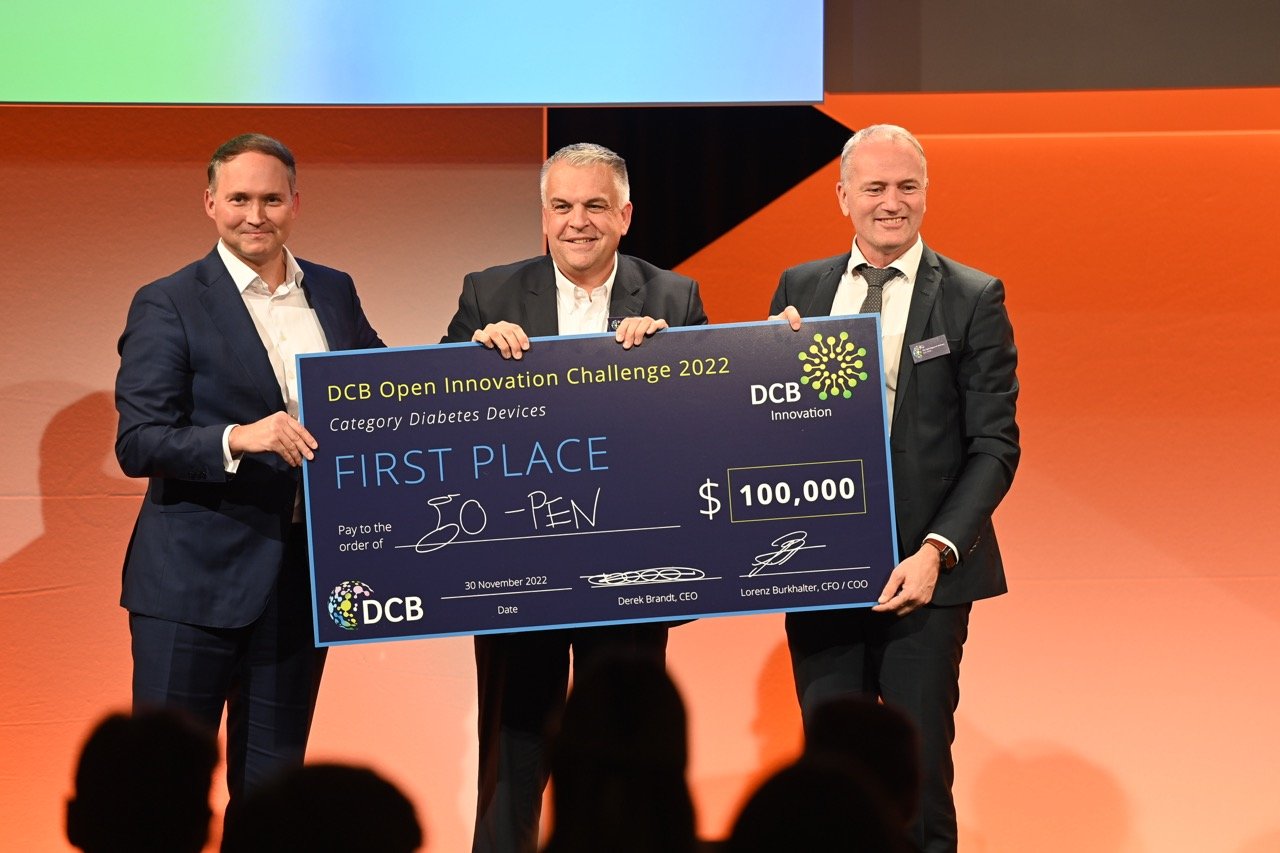
Simon Michel (Board Member DCB), Derek Brandt (CEO DCB) and Ole Kjerkegaard Nielsen (CEO Go-Pen)
GO-Pen is developing an affordable, reliable and sustainable insulin pen. Their vision is to make a difference for the millions of people living with diabetes who currently cannot afford modern devices. Derek Brandt, CEO of Diabetes Center Berne said:
“The innovation, the need in the market and the business model convinced the jury in their decision. GO-Pen has clearly defined target markets. For example, about 4 million people in the USA still use standard syringes for injecting insulin every day. This is exactly where GO-Pen wants to come in with its solution and provide those affected with a solution that allows for a simpler and more precise dosage of insulin, but hardly increases the costs compared to a conventional syringe. This solution can also provide significant added value for people with diabetes in low and middle income countries. Especially in these regions, the number of people affected is rapidly increasing.”
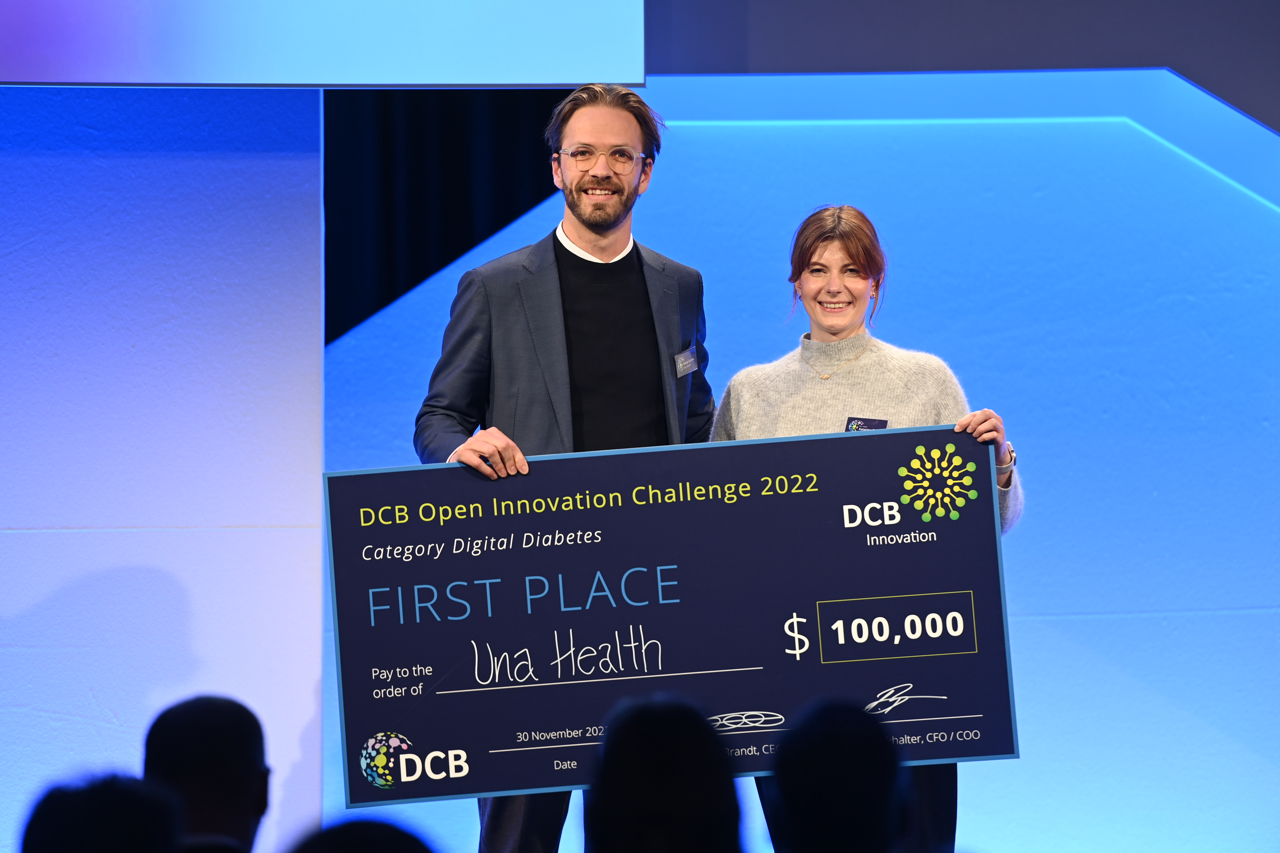
Pascal Grimm (CEO Una Health) and Dr. Katarina Braune (Jury Member)
Una Health, winner of the category Digital Diabetes, enables people with type 2 diabetes to understand what is driving their condition and to make simple, targeted changes to improve their health sustainably. For this, biosensor and lifestyle data are combined with behavioral science-based change models in a user centered certified mobile app.
“What has caused my blood sugar to spike? This is a question that people with type 2 diabetes frequently ask themselves. That’s where Una Health comes in and has developed an approach in which people with type 2 diabetes learn via an app and the use of continuous glucose sensors how food and their behaviour affect their blood glucose; this with the aim of improving blood glucose in the long term. The goal is clear: control over blood sugar also means more control over the quality of life of the person affected. The jury is convinced that continuous learning and understanding of the correlations will sustainably improve the long-term prognosis of people with diabetes and in this case type 2 diabetes.”
said Derek Brandt.
The two winners were awarded with 100.000 USD each, consisting of 60.000 USD in funding and 40.000 USD in in-kind support (services provided by DCB and its partner network). The four remaining finalists received 20.000 USD each, consisting of 10.000 USD in funding and 10.000 USD in in-kind support:
Diabetes Devices
BOYDSense (Germany): BOYDSense gives people access to gentle, non-invasive health monitoring starting with diabetes. They leverage molecules (volatile organic compounds) present in exhaled breath correlated with glucose biomarkers to accurately calculate the glucose value in real-time and a very user-friendly way.
Diatech Diabetes (U.S.): SmartFusion is an infusion monitoring platform for people with insulin pumps and automated insulin delivery devices. Their technology works by analyzing historical and real-time data from insulin pumps + continuous glucose monitors to better detect the occurrence of infusion set failure and reduce severe hyperglycemia from insulin dosing.
Digital Diabetes
Balance Health (Australia): Balance Health is taking patient engagement and centricity to the next level. A level where the clinician and the patient can collaborate to determine what CGM alerts the patient would like to receive and how often. This proprietary knowledge acquisition approach that they are developing means that a patient will feel like they have their clinician checking their CGM data daily and messaging them if there is something worthwhile to share.
EkiYou (France): What if people with diabetes had in their pocket: A super calculator for insulin doses, access to dieticians/nurses to ask questions and access to a community of patients to share their experience? They would increase their time in range, would feel less anxious about their disease and would personalise their treatment in an autonomous way.
About the DCB Open Innovation Challenge
After the initial launch in 2021, the DCB Open Innovation Challenge took place for the second time this year. The aim of the Challenge is to promote innovative, international projects in the field of diabetes management. With a total prize money of 280.000 USD, the DCB Open Innovation Challenge is one of the world’s most generous international awards in the area of diabetes. Applications are open to start-ups, medical and research professionals, and individuals.
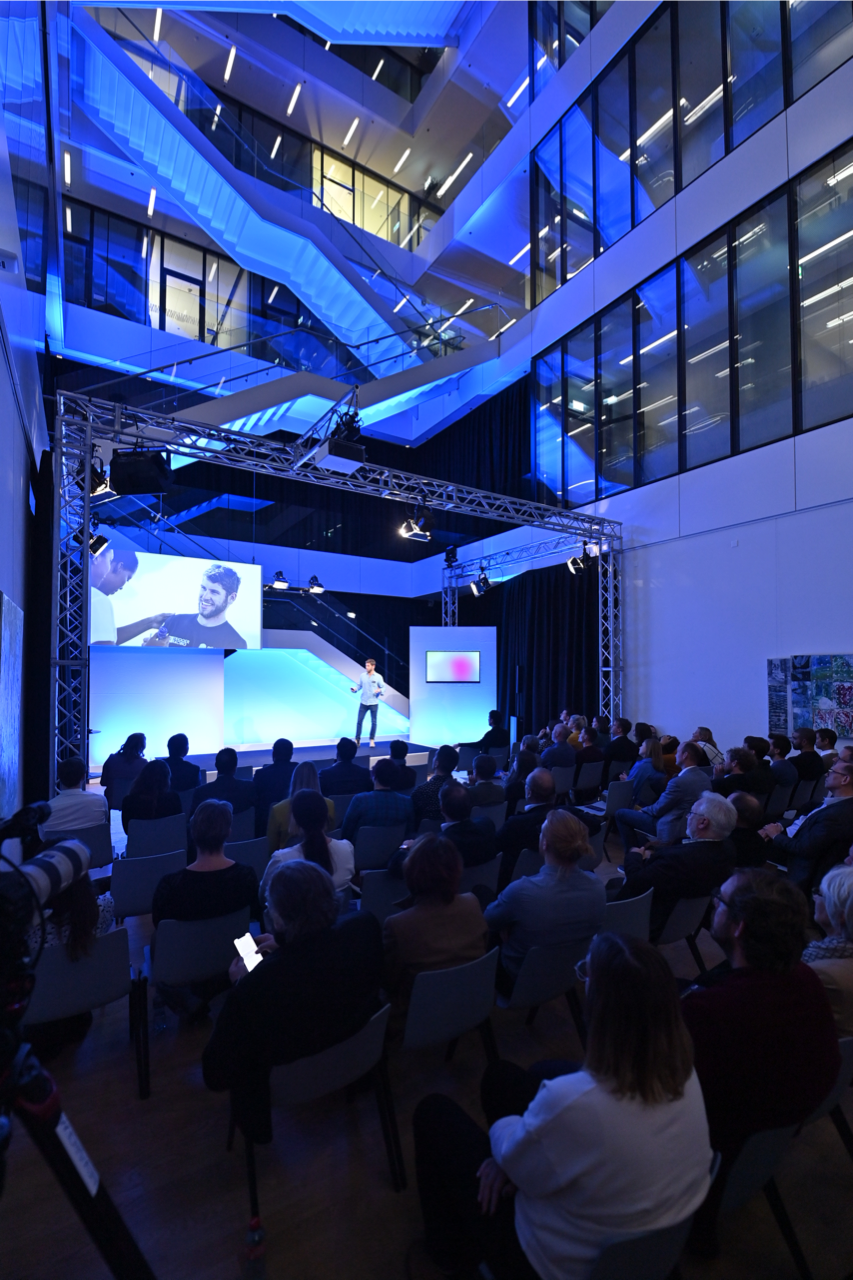
Stage and audience at the DCB Start-Up Night 2022
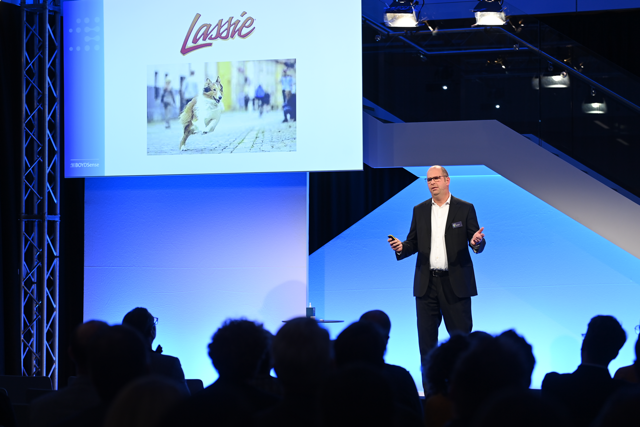
Ben Delhey (CEO BOYDSense) pitching live on stage
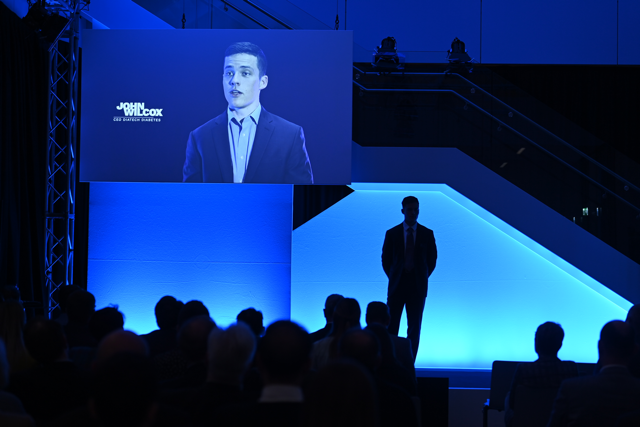
John Wilcox (CEO Diatech Diabetes) on stage in Berne
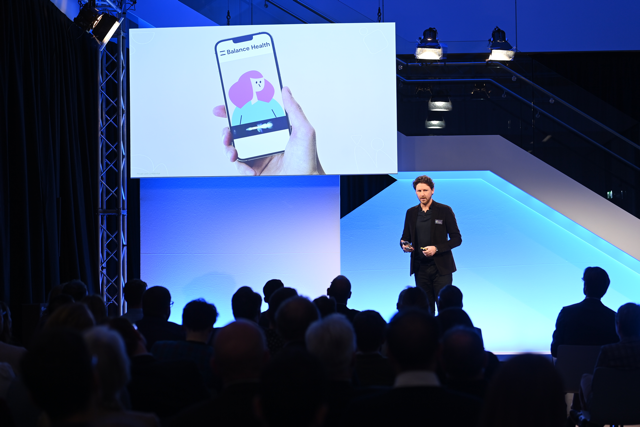
Pete Lomas (CEO Balance Health) during his pitch
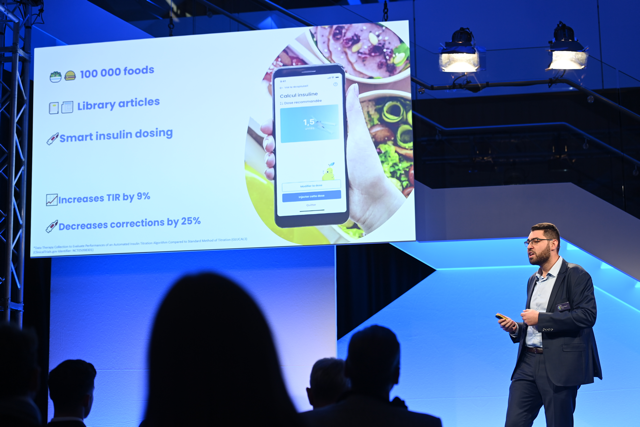
Omar Diouri (CMSO EKiYou) on stage in Berne
More recent news
DCB Enters Partnership with digital health center bülach
DCB Open Innovation Challenge: MYNERVA and Spotlight-AQ Emerge as Winners
On November 9, this year's DCB Start-Up Night and Award Ceremony of the Open Innovation Challenge 2023 took place....
DCB “Patient Leaders” Become “Lived Experience Panel”
DCB highly values the community of people living with diabetes and their expertise from managing diabetes daily....


